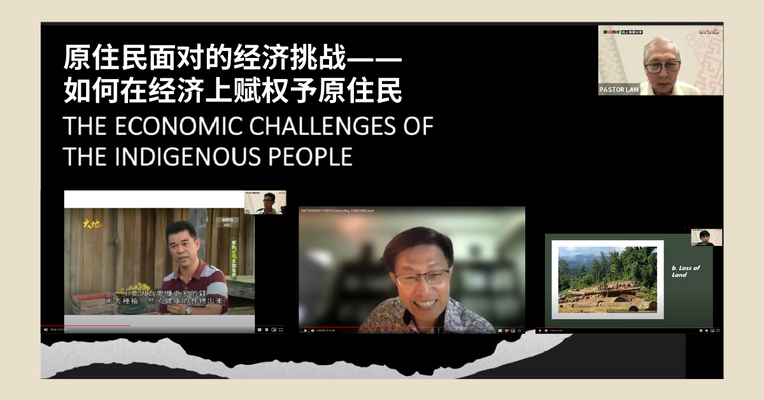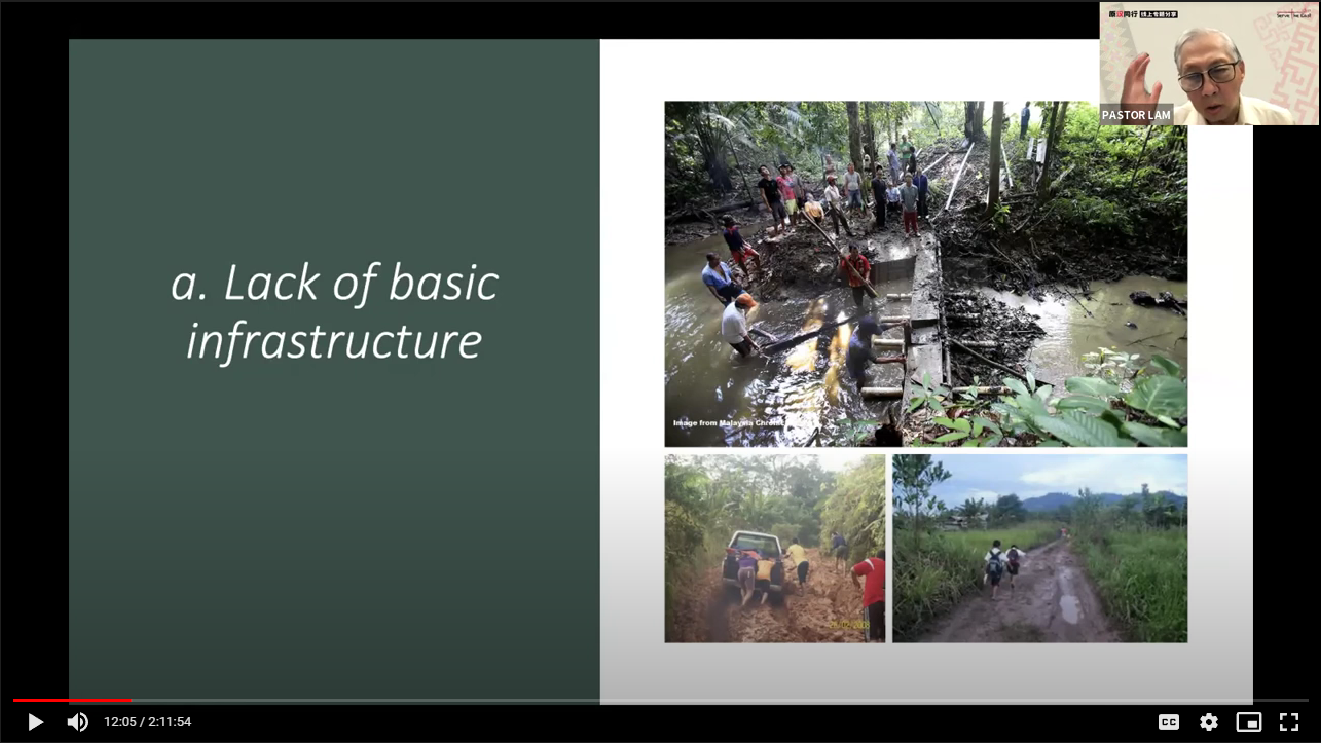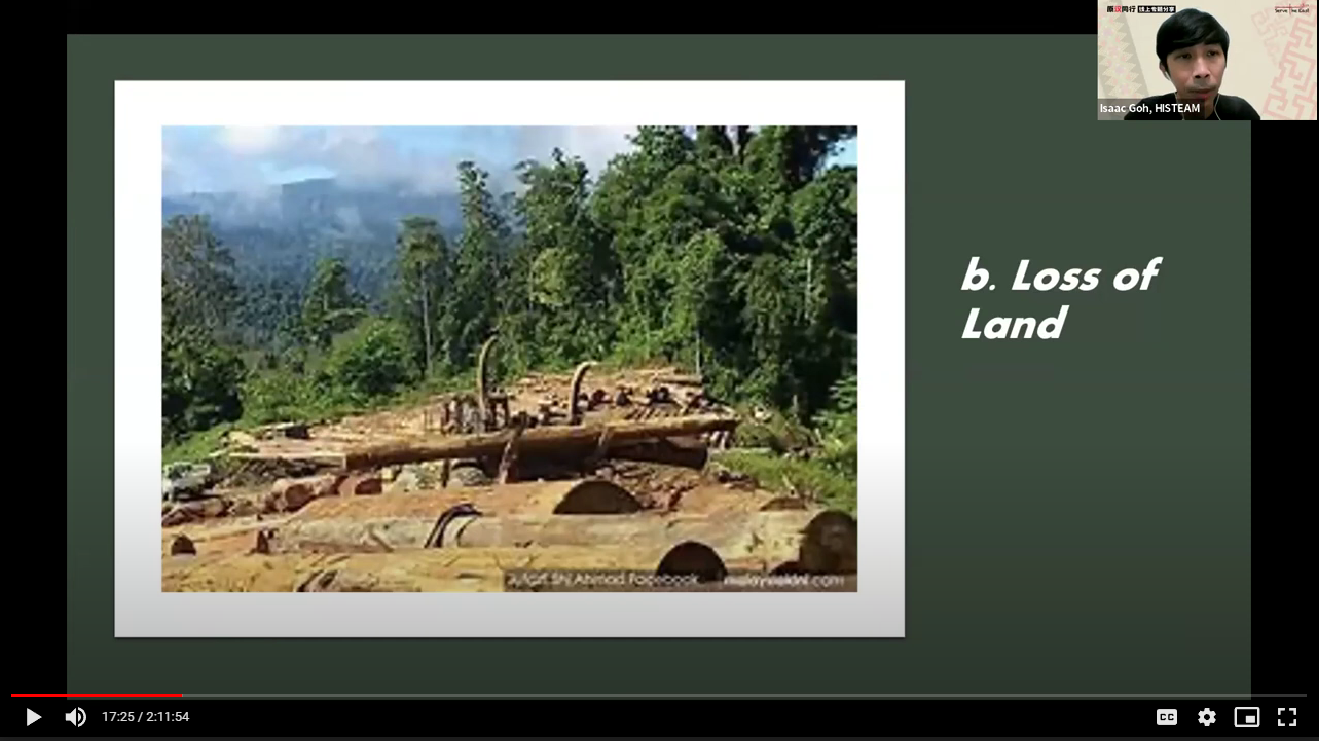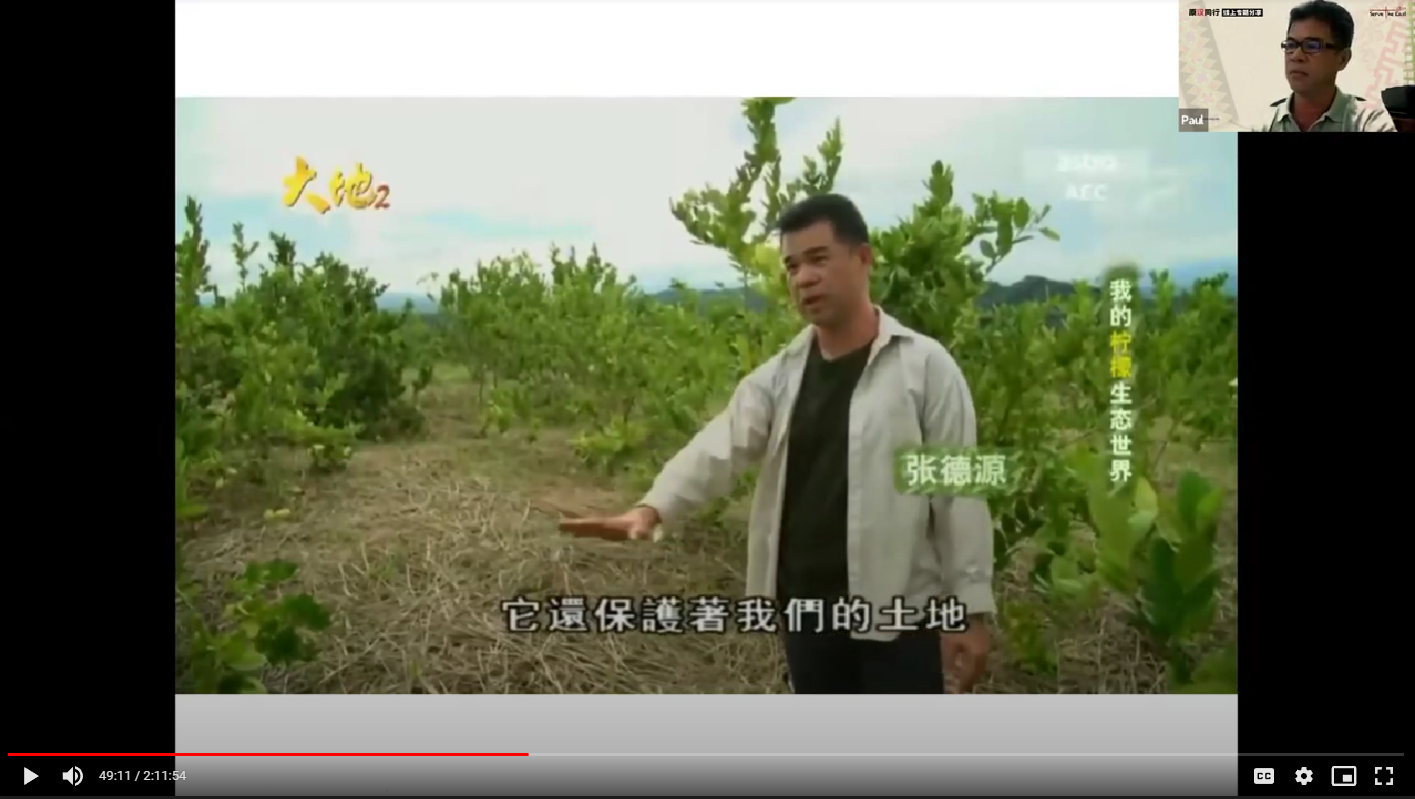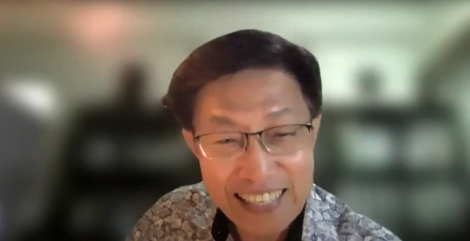专题2:如何在经济上赋权予原住民 Special Topic 2: How to provide economic empowerment to the Indigenous People?1/4/2022
相信很多人都知道,大部分原住民都住偏乡,以农耕为生;同时,也有许多原住民离乡背井到城镇谋生。幸运的话,他们可以找到福利好的政府组织工作,但大部分原住民只能透过在超市、餐厅或工厂打工赚取生活费。但不论是在偏乡或城镇,他们都面对经济上的挑战。 As it is widely known that most of the Indigenous people are living in the rural areas, with farming and agriculture as their main source of livelihood. At the same time, many among the Indigenous people may have chosen to leave their homeland and move to bigger towns and cities, in search of better living. Some may be lucky to find jobs in the civil sectors where their welfare would be secured; however, the reality is that the bigger majority of them in the cities could only find employment in supermarkets, restaurants, or factories, earning only meagre income, barely enough to cover their own daily expenses. On the whole, whether they remain in the villages or ventured to the cities, the Indigenous people are facing great economic challenges. CLICK HERE FOR ENGLISH VERSION
🛖Economic Challenges of the Rural-based Indigenous –
|

